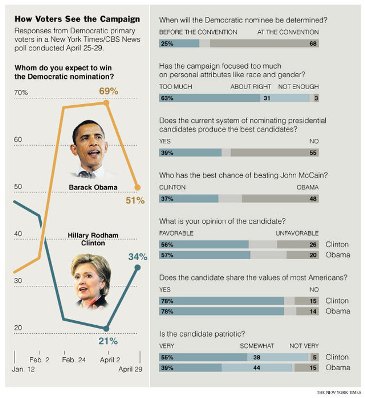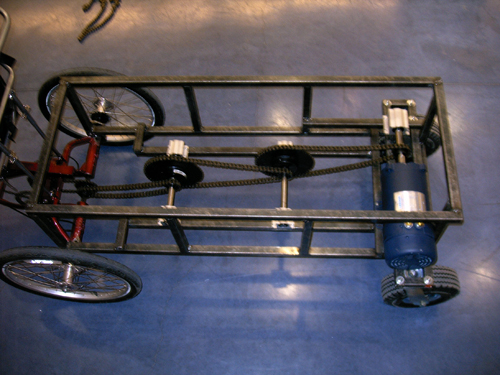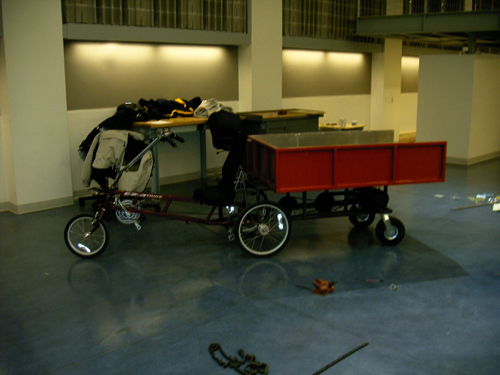Web mail and web identity
A few months ago I had a very interesting conversation with one of my friends, who was at the time, working for CBS. He told me that media companies are simply missing the mark when it comes to new media.
Since that time, a lot has change and it is clear that the major media outlets are starting to finally get it. More recently, I had the privilege of meeting an extremely accomplished new/media/political veteran, Greta Van Susteren, and she put forth a great topic of debate.
Facebook vs. Blogs & Email.
I have been on Facebook for the past year, and lately, I’ve found myself only using it for the status feature, birthday notifications, and news feeds. It keeps me indirectly connected to my friends. It is my stock ticker of my social life. My social graph.
And while I have this social graph, an easy way to connect to my friends, I still find myself writing on this blog and using traditional email. Why? Sure I also use Facebook messages, but why not email? How do I choose? What are the benefits?
With Facebook, Google, and MySpace, all beginning new initiatives to be social across the web, a lot of interesting things should arise relating to this idea of web identity. A type of web address and web driver’s license that will aggregate my web presence into one location, one application, or one resource.
I look forward to see who will drive this innovation. In the meantime, we can continue this discussion via Facebook, email, comments below, LinkedIn, twitter, MySpace, Meebo, AIM….and so on….
Fred Wilson has some thoughts on this idea as well…he articulates them better than I do…






